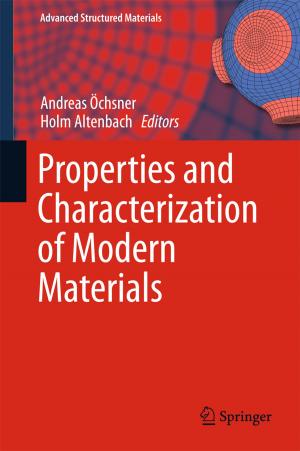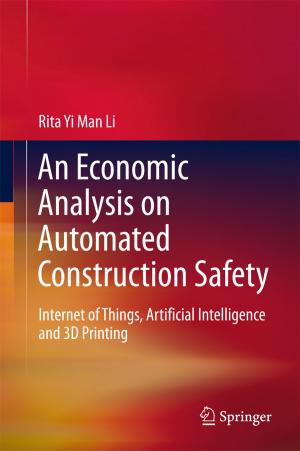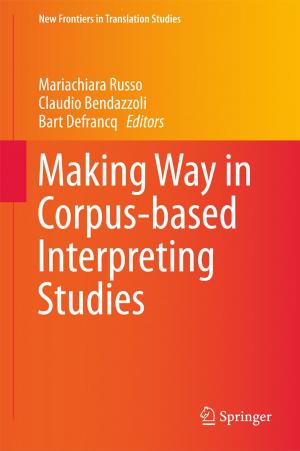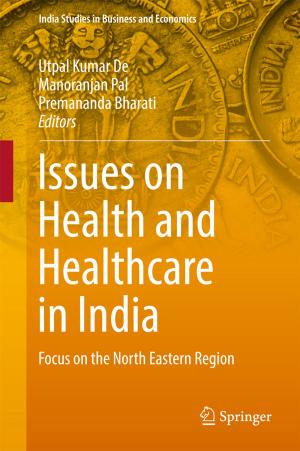| Author: | Sambasiva Rao Mukkamala | ISBN: | 9789811068386 |
| Publisher: | Springer Singapore | Publication: | February 14, 2018 |
| Imprint: | Springer | Language: | English |
| Author: | Sambasiva Rao Mukkamala |
| ISBN: | 9789811068386 |
| Publisher: | Springer Singapore |
| Publication: | February 14, 2018 |
| Imprint: | Springer |
| Language: | English |
This book presents a unified course in BE-algebras with a comprehensive introduction, general theoretical basis and several examples. It introduces the general theoretical basis of BE-algebras, adopting a credible style to offer students a conceptual understanding of the subject. BE-algebras are important tools for certain investigations in algebraic logic, because they can be considered as fragments of any propositional logic containing a logical connective implication and the constant "1", which is considered as the logical value “true”.
Primarily aimed at graduate and postgraduate students of mathematics, it also helps researchers and mathematicians to build a strong foundation in applied abstract algebra. Presenting insights into some of the abstract thinking that constitutes modern abstract algebra, it provides a transition from elementary topics to advanced topics in BE-algebras. With abundant examples and exercises arranged after each section, it offers readers a comprehensive, easy-to-follow introduction to this field.
This book presents a unified course in BE-algebras with a comprehensive introduction, general theoretical basis and several examples. It introduces the general theoretical basis of BE-algebras, adopting a credible style to offer students a conceptual understanding of the subject. BE-algebras are important tools for certain investigations in algebraic logic, because they can be considered as fragments of any propositional logic containing a logical connective implication and the constant "1", which is considered as the logical value “true”.
Primarily aimed at graduate and postgraduate students of mathematics, it also helps researchers and mathematicians to build a strong foundation in applied abstract algebra. Presenting insights into some of the abstract thinking that constitutes modern abstract algebra, it provides a transition from elementary topics to advanced topics in BE-algebras. With abundant examples and exercises arranged after each section, it offers readers a comprehensive, easy-to-follow introduction to this field.















